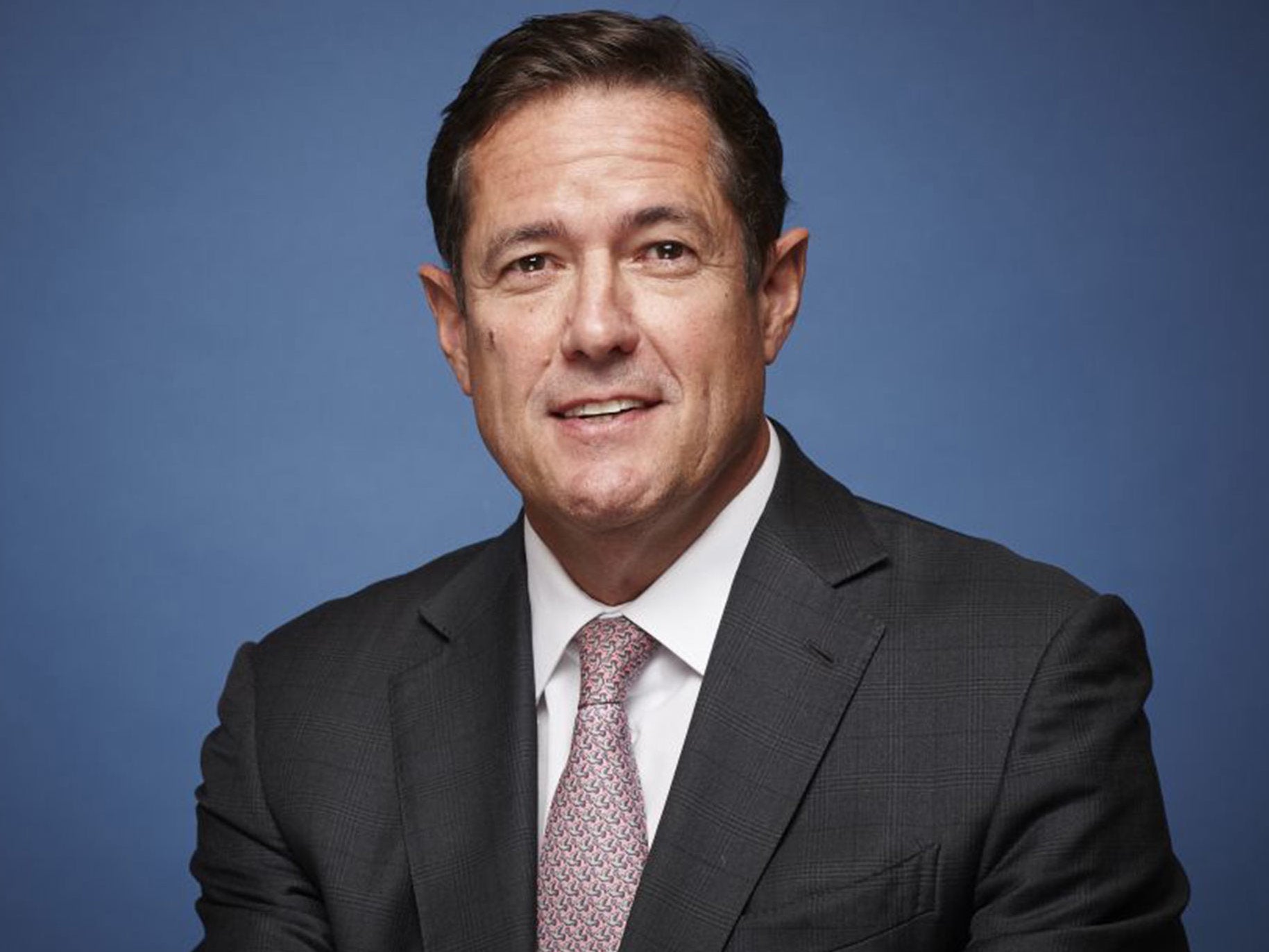Barclays mauled by markets after new chief executive Jes Staley wields the axe
Bank’s shares drop 11 per cent on news of halving of the dividend

Barclays’ shares fell as much as 11 per cent after its new chief executive, Jes Staley, took an axe to the bank’s African operations and cut the dividend in half.
Mr Staley, who joined in December after Antony Jenkins was ousted in July, said at the full-year results announcement that he was accelerating the “simplification” of the business and creating a transatlantic consumer and corporate/investment bank anchored in London and New York.
But many reacted badly to the news that Barclays would slash the dividend from 6.5p a share to 3p in both 2016 and 2017. The shares plummeted and trading was briefly halted. They closed down 8.1 per cent and since the start of the year they have shed 28 per cent.
Barclays also added its 62 per cent stake in Barclays Africa, its Asian wealth management business and its southern European Barclaycard operations to the list of divisions up for sale.
Mr Staley said the sale of those businesses, each worth several billion pounds, would ensure Barclays did not need to raise fresh capital and would result in “some pretty attractive numbers for us to pay a robust dividend”.
The bank reported that its core equity ratio stands at 11.4 per cent, making it one of the most thinly capitalised banks in Europe. The sale of the African stake is expected to raise the capital ratio by one percentage point ultimately.
The full-year numbers were worse than analysts had been expecting, with Barclays reporting a headline 2 per cent fall in profits to £5.4bn, on income down 5 per cent at £24.5bn.
This included an extra £1.45bn charge for PPI mis-selling in the final quarter as, like other banks, Barclays took into account higher claims before a likely 2018 cut-off.
The bank also unveiled its plan for ring-fencing which, after months of heated discussion, seem to have been cleared by the Bank of England. This will result in the creation of Barclays UK – with retail, small business customers and Barclaycard UK, which will have assets of around £200bn – and Barclays Corporate and Investment, with assets of £575bn.
Mr Staley said both banks would be well capitalised, have investment-grade debt ratings and produce double-digit returns on capital.
The bank also revealed that Mr Jenkins was paid £3.4m up to his departure in July and has since received around £196,000 a month, which will continue until next July. Mr Staley was paid £277,000 for his first month’s work and could earn up to a maximum £8.4m this year. Aggregate bonuses across the group fell 10 per cent to £1.7bn. In the investment bank, total incentive awards were down 7 per cent to £976m.
The bank’s ratio of costs to income was 81 per cent – flat on a year earlier. Mr Staley set out a goal of cutting this below 60 per cent.
“What all of this illustrates is that Barclays is fundamentally on the right path and is, at its core, a very good business,” Mr Staley said.
“There is, of course, more we need to do and areas where I believe we can move much faster to deliver the high-performing group that Barclays can and should be. [This year] will consequently be a year of accelerated delivery from a good base.”
Join our commenting forum
Join thought-provoking conversations, follow other Independent readers and see their replies
Comments
Bookmark popover
Removed from bookmarks